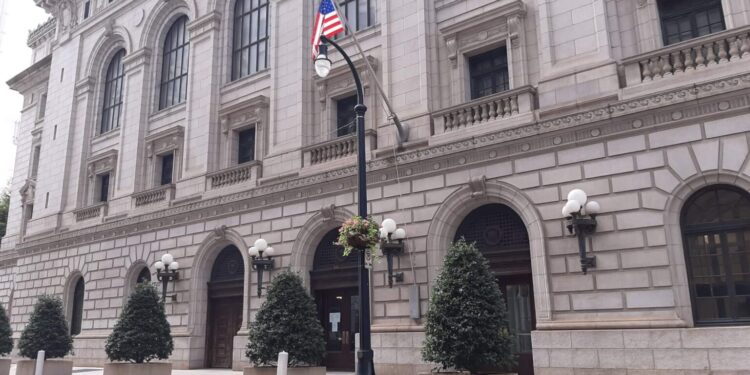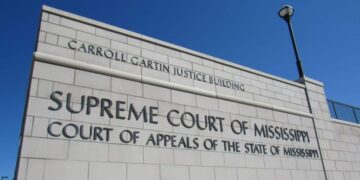May 15, 2025 Story by: Publisher
A three‑judge panel of the U.S. Court of Appeals for the Eleventh Circuit heard heated arguments Tuesday over whether a conservative nonprofit’s mass challenges to more than 360,000 Georgia voters crossed the line into unlawful intimidation.
During a nearly hour‑long hearing in Atlanta, attorneys for Fair Fight Action—Stacey Abrams’s voting‑rights organization—urged judges to recognize Georgia’s “sordid history” of using procedural challenges to suppress minority turnout.
“Georgia has a sordid history of intimidation, of mass challenges,” said Uzoma Nkwonta, a partner in the Elias Law Group, “History is repeating itself.”
Background of the Case
The lawsuit, Fair Fight Action v. True the Vote, sprang from challenges filed in late 2020 and early 2021 by True the Vote, a Texas‑based nonprofit aligned with former President Donald Trump’s post‑election efforts.
‘True the Vote’ submitted objections to the voting eligibility of roughly 385,000 registrants ahead of Georgia’s January 5, 2021 Senate runoff—an election that decided control of the U.S. Senate.
In January 2024, U.S. District Judge Steve C. Jones dismissed Fair Fight’s voter‑intimidation claim, ruling that although True the Vote’s list was “reckless” and “utterly lacked reliability,” it did not demonstrate an intent to threaten or coerce voters.
Appeals Court Scrutiny
On Tuesday, Judges Adalberto Jordan and Federico Moreno pressed counsel on whether True the Vote’s conduct amounted to a “substantial step” toward intimidation—a legal standard under Section 11(b) of the Voting Rights Act.
Jordan warned that looking only at whether voters were actually deterred ignored the statute’s provision against attempts to intimidate. Moreno, meanwhile, emphasized the need for appellate guidance on the legality of mass voter‑eligibility challenges in future elections.
A ‘Sordid History’ of Voter Suppression
Fair Fight attorney Uzoma Nkwonta invoked Georgia’s long record of disenfranchisement, noting “from literacy tests and poll taxes to piecemeal procedural challenges, there has always been a thinly veiled effort to keep Black voters from the polls.” He argued that True the Vote’s wholesale objections—filed with erroneous change‑of‑address data and without verification—fit squarely within that historical pattern.
Nkwonta pointed out that the Muscogee County election board alone spent weeks processing more than 4,000 faulty challenges, diverting crucial resources from actual voter services. “This was not about cleaning rolls—it was about chilling the vote,” he told the panel.
True the Vote’s Defense
Representing True the Vote, attorney Jake Evans maintained the group’s sole motive was “protecting election integrity.” Evans told the judges there was no evidence of contact with challenged voters and no admission that intimidation was intended. “You cannot impute ill intent where none exists,” he argued, urging the court to uphold Jones’s ruling.
National Stakes and Next Steps
Observers note the case’s implications extend far beyond Georgia. Mass voter challenges have become a tool in multiple battleground states, and a ruling that such challenges can constitute intimidation would reshape election‑law strategies nationwide.
The Eleventh Circuit has not set a date for its decision. Fair Fight Action’s lawyers are also weighing a potential en banc rehearing if the three‑judge panel does not side with them. For now, Georgia’s communities remain closely attuned to whether the courts will deem procedural overreach a form of voter suppression.
Source: Georgia Recorder / AP News

















